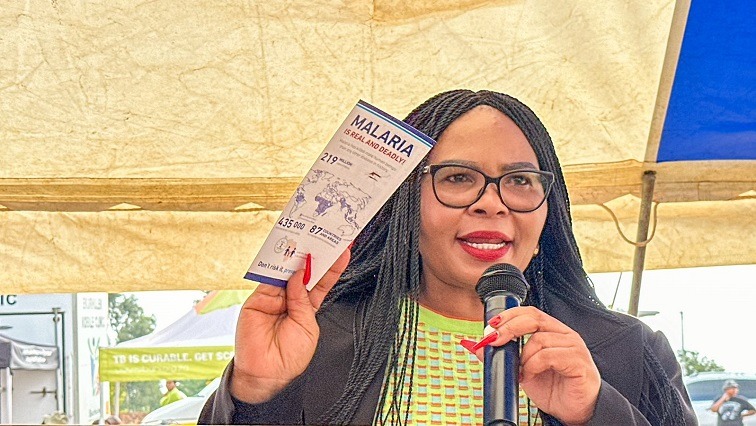Access to basic health care remains difficult for the majority of South Africans. The National Health Insurance (NHI) is seen as an answer to many of the barriers currently facing patients, as the sector battles a lack of human resources, aging infrastructure, and lack of funding.
As part of celebrating the country's 30th anniversary of democracy, the Ministry of Public Service and Administration held a breakfast series and dialogue with stakeholders in the public health sector, but universal access to healthcare remains a challenge.
National Health Insurance was the focus of the conversation. Gauteng Department of Health MEC Nomantu Nkomo Ralehoko says public healthcare has come a long way in the past 30 years.
“As a member state of the United Nations, SA has been committed to universal healthcare. In the South African context, access to health care has made great strides. Given the history of apartheid and the gap between rich and poor, this has always been a major Despite the challenges we face, we have made progress to ensure that all infants and pregnant women have access to free health care and youth-centered care programs. In 2014, 2 million people were taking ARVs. That number is now 5.8 million. We created the Double Up Medical Program to reduce queues in Gauteng. , upgraded infrastructure and new clinics, the National Health Insurance is an important step towards achieving a universal health sector.”

